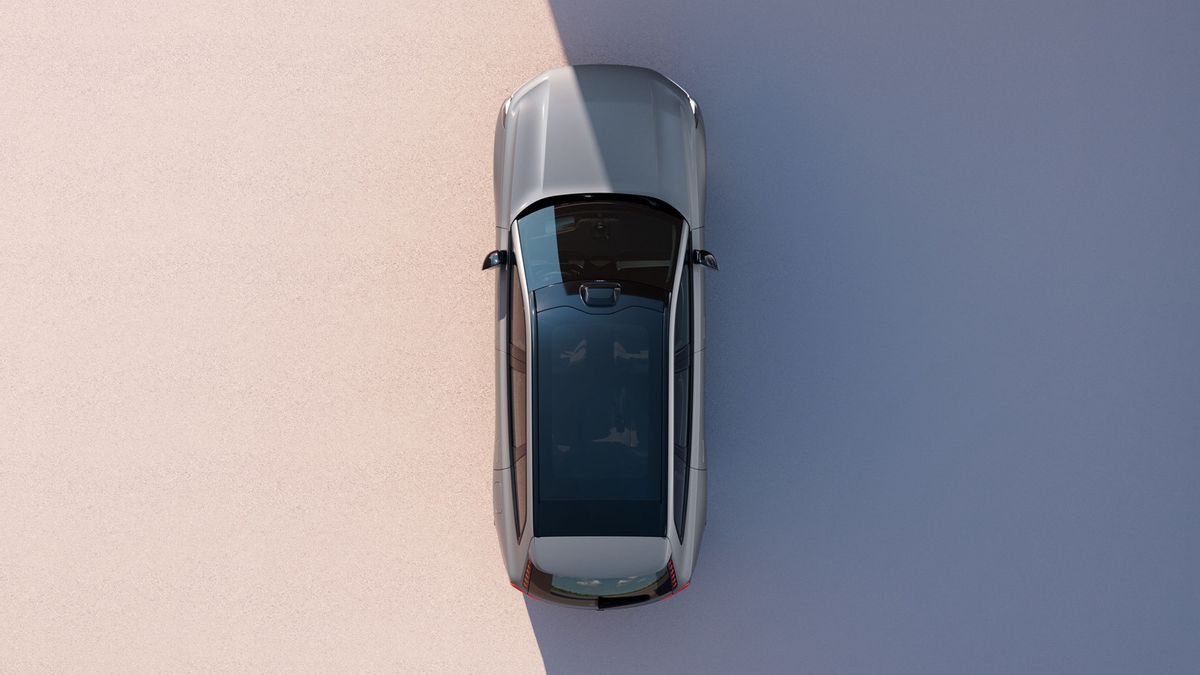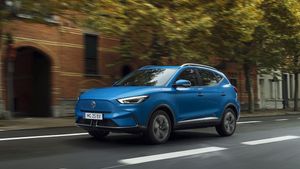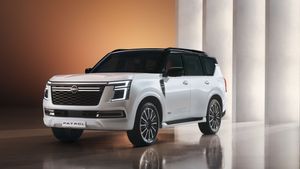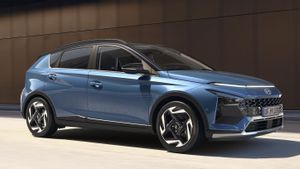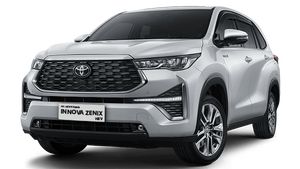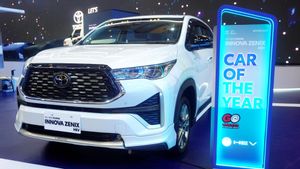JAKARTA - Volvo surprised the automotive world by canceling its target of only producing electric cars by 2030. This Volvo decision contradicts their original plan, which is adamant that it will only produce pure electric cars by 2030. While competitors are starting to revise their ambitions, Volvo is sticking to the original plan. Some of the mainstay models of Volvo's electric cars include EX90 and EX30, both of which are SUVs.
In an announcement on Wednesday, September 4, reported by Reuters, the majority-owned Swedish company by Geely China has now changed its direction in offering several hybrid models in 2030.
This decision was taken based on the slowdown in demand for electric cars. Several factors are suspected to be the cause of the lack of affordable model availability and slow construction of charging stations. In addition, car manufacturers also face EU import rates for electric cars made in China.
Although the target changed, Volvo continued to prioritize electrification vehicles. In its statement, Volvo said that by 2030, they targeted 90 percent to 100 percent of sales from pure electric cars or plug-in hybrids. The rest, a maximum of 10 percent, is allocated to light hybrid models (mild hybrids), where electric power only functions as a supporter of gasoline engines.
Volvo confirms that the plug-in hybrid (PHEV) model will be an important factor in their profit growth in the future. The company will also update its XC90 hybrid SUV, and its first consumer estimate will receive the car by the end of this year.
SEE ALSO:
The increasing demand for hybrid cars has prompted a shift in strategy in the automotive sector. Initially, the automotive industry intended to stop the production of hybrid cars in order to focus on pure electric vehicles.
Toyota, one of the manufacturers of electric cars late, is betting on hybrid cars by increasing the number of their models and this strategy is successful with an increase in sales.
Drivers' concerns about the distance from electric cars are one of the reasons consumers lean towards hybrid cars which are generally more affordable and comfortable. Volvo also said that it was responding to changes in market conditions and consumer demand.
"This is a pragmatic approach to helping our customers completely switch to electric vehicles. For many customers in various markets, this will be a gradual journey," said Volvo Chief Strategy and Chief Product Officer Erik Severinsson.
In 2025, Volvo Cars predicts electrified cars - both pure and hybrid electric - will contribute 50 percent to 60 percent of their total sales. Previously, the 2025 target was at least 50 percent of pure electric cars and the rest were hybrid.
"We believe our future is electric. However, it is clear that the transition to electrification will not be linear, and customers as well as markets move at different speeds," said CEO Jim Sean.
The English, Chinese, Japanese, Arabic, and French versions are automatically generated by the AI. So there may still be inaccuracies in translating, please always see Indonesian as our main language. (system supported by DigitalSiber.id)
